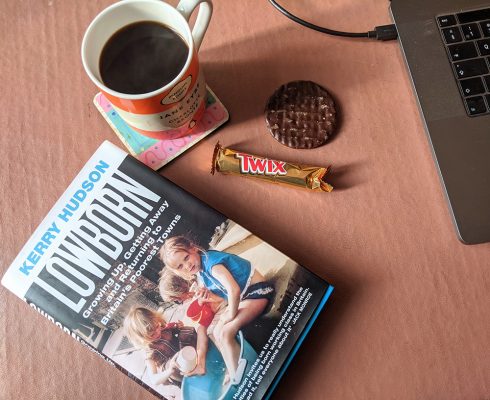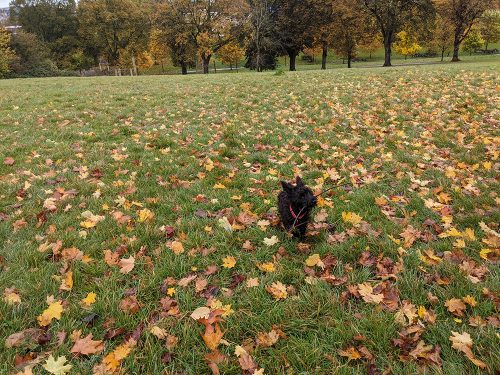October 2020 reading round-up
 I don’t know if it’s the onset of winter weather or the prospect of a second lockdown, but I am struggling a little again with reading. I am finding it a little easier to read and reflect on non-fiction at the moment but I have only written one book review all month and even the synopses below took me a few days to put together.
I don’t know if it’s the onset of winter weather or the prospect of a second lockdown, but I am struggling a little again with reading. I am finding it a little easier to read and reflect on non-fiction at the moment but I have only written one book review all month and even the synopses below took me a few days to put together.
Most of our film-watching this month has been of the super cheesy variety (though I will admit I had forgotten the high calibre of cameos in Blues Brothers) so I will instead recommend two TV shows that I have very much enjoyed, both on BBC iplayer: I May Destroy You – a powerful piece about friendship and sexual assault – and Ghosts, which is silly and funny and I am grateful to the multiple friends who recommended it.
Walking Beckett has been really lovely as autumn deepens into winter. She’s the best.

Books read
Tentacle by Rita Indiana
This is a Dominican SF novel that combines time travel, gender transition and ecological disaster with spiritual elements drawn from the Haitian and Biafran roots of several characters. It explores colonialism, identity and climate change in a plot that I loved at first but struggled to follow as it got more complex.
Magnificent Ms Marvel Vol. 2: Stormranger by Saladin Ahmed and Minkyu Jung
This was a little mixed for me. There’s a storyline related to Ms Marvel’s new costume that felt very derivative, but the other stuff about her family and friendships continues to be excellent.
The Smallest Lights in the Universe: a Memoir by Sara Seager
MIT astrophysicist Seager tells the story of her career searching for exoplanets and how her life was changed forever by the death of her husband when she was just 40 years old. I loved this memoir with a heavy dose of science. I reviewed it for Physics World.
Overground Railroad: the Green Book and Roots of Black Travel in America by Candacy A Taylor
This is a fascinating study of sites that featured in the Green Book that have survived. Taylor uses this as the root from which to tell the history of the famous travel guide, piecing together what she can about the guide’s editors and contributors, as well as the US history that made the guide a necessary item for Black motorists from 1936 to 1966.
Lowborn: Growing Up, Getting Away and Returning to Britain’s Poorest Towns by Kerry Hudson
Hudson’s memoir looks at her childhood perpetually moving with her mother chasing a fresh start, an escape from poverty. Hudson did escape eventually but the trauma stayed with her. So she decided to face it head on, going back to all her childhood homes, speaking to people there, tracking down Social Services documents that reveal details she had forgotten or never known. It’s a powerful read, revealing about how the ways in which capitalism is designed to keep the poor down and desperate.